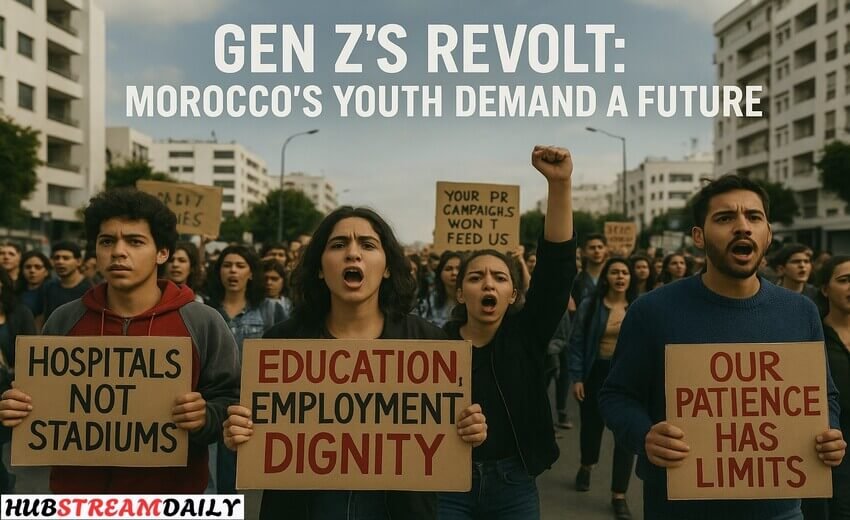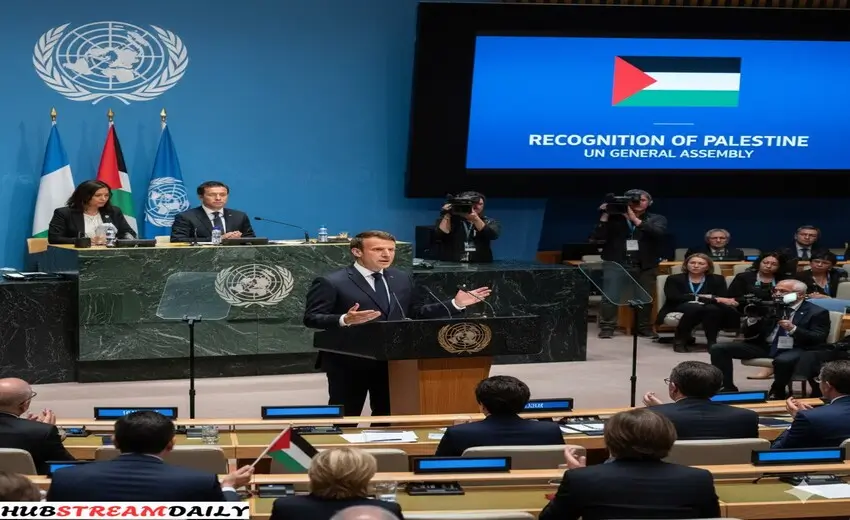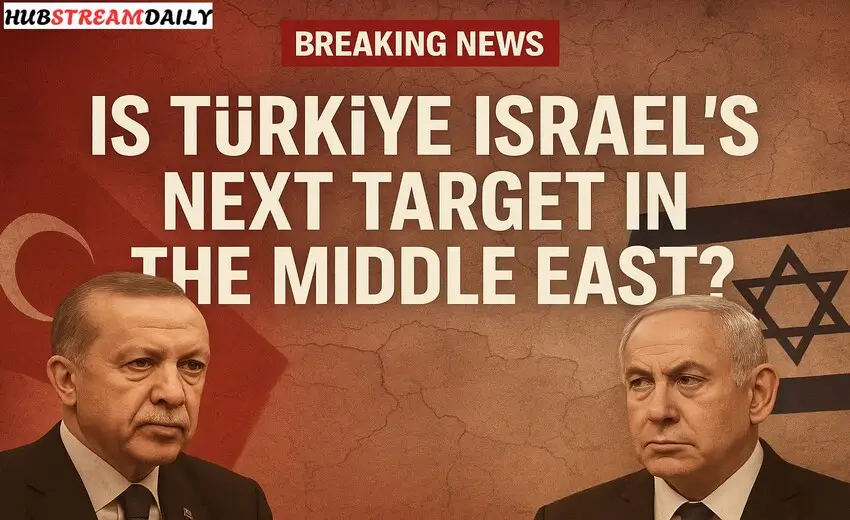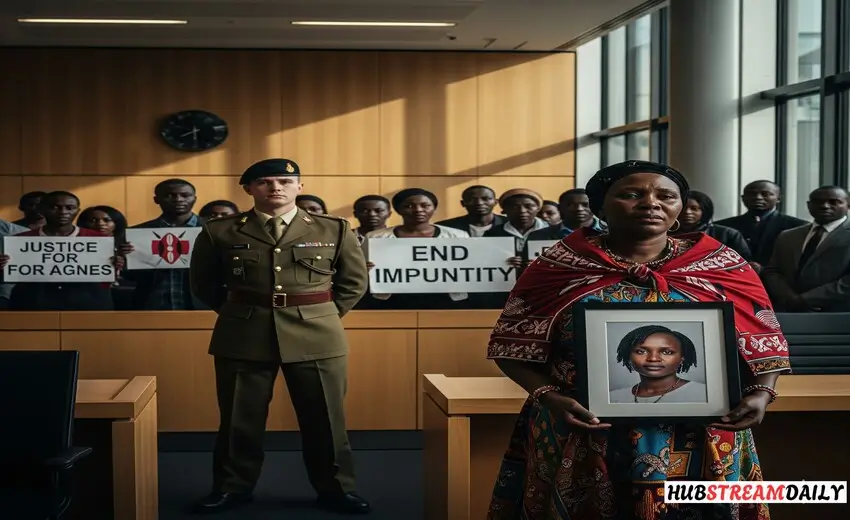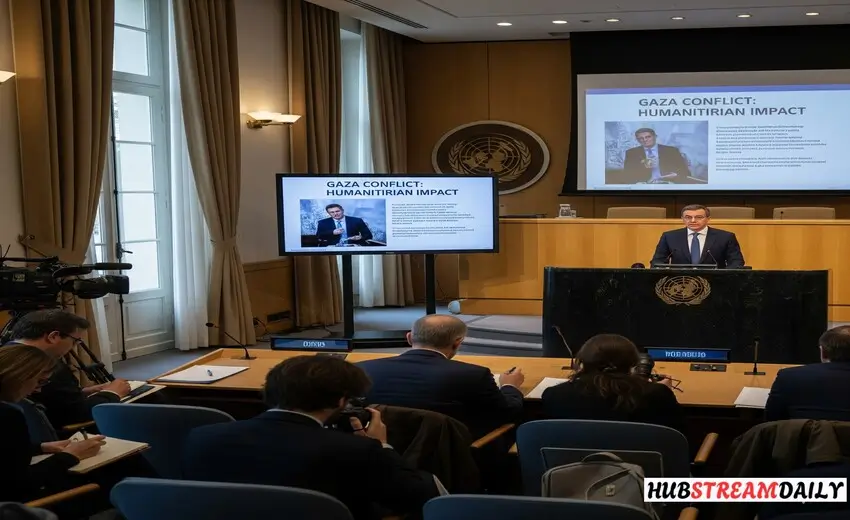
A soldier makes his entry into history
When Ibrahim Traoré, an unknown army captain, appeared on national television in September 2022 to announce the overthrow of Burkina Faso’s government, few if any, outside the country had ever heard of him. Dressed in fatigues, calm but resolute, he spoke about national sovereignty, dignity, and the fight against terrorism. To many observers, it appeared to be just another episode in Africa’s long history of coups.
Fast forward three years, and Traoré has established himself as one of the most talked-about leaders, not just on the continent but around the world. He is now hailed across Africa, and indeed parts of Europe, Latin America, and the Caribbean, not simply as a military leader, but as a Pan-African symbol of resistance, autonomy, and hope for a new political order.
How is it that a 35-year-old soldier from Ouagadougou has emerged as a global figure? The answer lies in a combination of working history, symbolism, defiance, and the a pressing need to fill the loyalty gap not only in Africa, but globally.
The Crisis in Burkina Faso and the Seeking of Hope
For over a decade now, Burkina Faso, a landlocked country of 22 million people in West Africa, has been in the eye of one (or more) storms. Islamist insurgencies have forced millions to flee their homes, left villages in ruins, and laid bare the fragility of state institutions. With the use of French troops and Western aid, things only got worse, which fed distrust in traditional politicians.
Amid that backdrop, Traoré’s emergence felt like a break from the past; he was young, plainspoken and gave voice to an open defiance of the pre-existing order: the older, mostly Western-backed elites. Traoré’s commitment to rid Burkina Faso of foreign influence, and put Burkinabè “interests first”, allowed him to appeal to both national pride and continental frustrations.
The Repercussions of Sankara
For Burkinabè and many Africans, Traoré’s appeal is intertwined with the memory of Thomas Sankara, the revolutionary leader of Burkina Faso, who governed from 1983 to 1987. Known as “Africa’s Che Guevara,” Sankara promoted self-reliance, women’s rights, and anti-imperialism before being killed in a coup.
Traoré explicitly refers to Sankara, quoting (and he attempting approximate) Sankara’s speeches, trying to embrace a more simple lifestyle, and discarding ostentious/traditional displays of power: rather than whipping around in parades of luxury cars, he can often be seen driving in modest convoys, often stoping to chat with the public in markets and rural villages.
That image – humble, afraid of nothing, Pan-African – has rendered him a living echo of Sankara, and a reawakening of dreams thought unawakable.
Pan-Africanism in the Era of Technology
One underlying reason Traoré has captivated minds and hearts well beyond Burkina Faso is his ability to use symbols in a digital world.
Clips of his impassioned speeches—from denouncing neocolonialism, rejecting Western prescriptions, and advocating for Pan-African unity—have gone viral on TikTok, YouTube and Twitter. It is worth noting that the average age of a colonized person’s age on the African continent is 19 because more than 60% of its people are under the age of 25! Young people the world over have a strong affiliation with revolutionary figures like Thomas Sankara and Patrice Lumumba, this is the case with Traoré’s generation as well.
Memes of Traoré, which compare him favorably to Sankara and Lumumba, circulate as do many songs dedicated to him in Nigeria, Ghana, and South Africa. In Dakar, Senegal, students have done murals in his honor and refer to him as a “warrior of African dignity.” In the Caribbean, activists refer to him at rallies for reparations. In South America, among groups that still have a memory of anti-imperialist struggles and revolutions, he is seen as a like-minded comrade.
In sum, Traoré has emerged as a revolutionary in the digital age, a concept of political charisma which is enhanced by online movements that articulate that he is not merely the President of Burkina Faso, but the President of Africa.
A Bold Foreign Policy
The centerpiece of Traoré’s global profile is his defiant stance against foreign domination. The new head of state fully lived up to his “New Africa” mantra within months of taking power, ordering the French military out of Mali, which had been stationed there for decades. He openly talked of “neocolonial exploitation” as he accused Western countries of profiting from Africa’s resources, while leaving Africans in poverty.
Instead, Traoré looked to new partners, primarily Russia, Turkey, and the region. He framed this as a shift towards a multipolar world order that leaves Africa, and Mali, free to choose its partners on its own terms.
This bold repositioning made many Western governments uncomfortable, but it electrified many ordinary Africans. For many, Traoré’s defiance signified a long-awaited break with dependence. As one Ghanian student remarked online, “He speaks the truth all our leaders are afraid to say.”
The Emerging “Traoré Phenomenon”
Academics have begun to refer to the “Traoré Phenomenon” — the few and far moments a leader transcends borders to become a figure for the continent. There are multiple factors here:
Youthful Leadership – At a mere 35 years old, Traoré is the youngest head of state in the world. Given that most presidents on the continent are over 60 years old, this difference can reflect a revolution all of its own.
Simplicity and Authenticity – While many elites rule from palaces, Traoré is usually captured in uniform, seated as a citizen, or inspecting his frontline soldiers. Authenticity is central to parading around elite rubbish some African strongmen had to put up.
Unapologetic Pan-Africanism – He does not only speak as a Burkinabè leader but as an African leader. He speaks of collective destines, the sovereign nature of resources, the unity of the continent.
Resonance in the Global South – His defiance resonates with movements within Latin America, Asia, and the Middle East in a collective denial of Western inventions. For this reason, he has the audience of a world.
Applause and Disapprovals
Traoré, praised as a leader by many, is stunningly criticized for his leadership as well. Organizations that monitor human rights claim under his leadership civic freedoms have shrunk and censorship has grown.
Quasi-international organizations like the African Union and artists who engage in international cultural exchanges worry about Burkina Faso’s isolation from the international community making a poor country’s humanitarian crisis worse. Economists do not seem to see if the evidence suggests Burkina Faso’s nationalist economic model makes the country economically resilient, particularly since the coups.
Nevertheless, the criticisms fall flat amongst most ordinary Africans who claim that, at best, Western-style democracy delivers corrupt governments, instability, and not enough progress. For them Traoré is flawed but has the courage to stand up to global powerful forces.
A tweet by a Nigerian activist summarized it quite nicely: “better imperfect leaders that fight for us than perfectly sell us.”
Between the Real World and Myth
Is Ibrahim Traoré really the revolutionary hero many portray him to be, or just a momentary figure thrown into the limelight due to symbolism and social media?
Governing Burkina Faso—a nation plagued by insurgency, poverty, and dislodged populations (427,000 people forcibly displaced)—will put his vision and theory to the test. Ultimately, his success will be demonstrated not only through his words but also a provision of security, economic turmoil, prosperity that even leads to new institutions.
As history will remind us, caution: Sankara was silenced by a betrayal; Lumumba, an assassination; Nkrumah, by exile; Traoré has the ability to avoid both external sabotage and internal contradictions.
A New Era in the History of Africa
Whatever may come next, one thing is certain: Ibrahim Traoré has resurrected a spirit that many had thought was gone forever. He has compelled the people of Africa to remember the potency of resistance, the pride of independence, and the ideal of unity.
In a time when the dominant global reality has been that Africa has been weak, or a burden, or dependent and a charity case, Traoré has forced the world to look. Irrespective of whether he is decried as a hero, or denounced as a danger, he cannot be ignored.
Perhaps that is his greatest achievement thus far…. not just ruling Burkina Faso, but igniting the spirit of a continent and captivating the attention of an audience around the world with the yearning for authenticity in leadership.
To sum up
Ibrahim Traoré’s tale is not just that of a coup leader rising to power. It is part of the search for dignity across a continent, where a generation simultaneously grapples with the desire for authentic leadership; and a world starting to tease apart new power dynamics.
He may be at the very start of his journey, but he has already written himself into the political history of Africa. Whether it will be as a brief flash of flame or a lasting one, time will tell what will come next.
But today, the message is loud and clear from Ouagadougou to Accra, Havana to Port-au-Prince, and youth forums to TikTok feeds: Ibrahim Traoré has touched hearts and minds far and wide, because he represents the dream of freedom that can never be extinguished.

